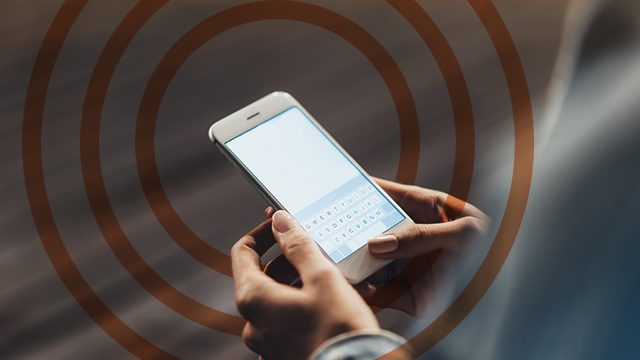SUMMARY
This is AI generated summarization, which may have errors. For context, always refer to the full article.

MANILA, Philippines – LTE or 4th-generation mobile connections are faster by 2 Mbps than WiFi-enabled fixed connections for smartphone users in the Philippines, according to a study by mobile analytics company, OpenSignal.
The Philippines is one of the 50 countries where LTE download speeds are faster than the average WiFi connection, with LTE averaging 9.6 Mbps, and WiFi averaging 7.6 Mbps, in OpenSignal’s study called “The State of Wifi vs Mobile Network Experience as 5G Arrives.”
Overall mobile speed, which includes 3G and 2G connections, is at 6.3 Mbps.
In terms of speed difference between LTE and WiFi, Lebanon tops the list with a 25 Mbps-difference, averaging a low 2.5 Mbps on WiFi, but a more impressive 27.5 Mbps on LTE.
While overall mobile speed is still slower than WiFi speeds in the Philippines, OpenSignal says the outlook is that mobile will eventually overtake WiFi.
“Today, there are still many countries where Wifi continues to offer a faster download experience for smartphone users, although this is likely to change as newer mobile network generations launch imminently,” it said. (READ: Overall mobile data speeds in PH have notably improved – report)
Explaining that the pace of innovation is faster in the mobile industry than in almost any other industry, the study said that the coming of 5G will “leapfrog” the experience of WiFi, specifically “in countries where operators are slow to deploy fiber because of “capital cost concerns or logistical issues such as planning approvals.”
In spite of the shift that OpenSignal predicts and the speed advantages of modern mobile connections, the study said that WiFi-enabled fixed connections for smartphone users will continue to co-exist with mobile because of overall lower cost, widespread device support, and less limits on capacity.
With potential speed growing faster on mobile connections however, the implication is that more and more consumers will “increasingly override their smartphone’s automatic WiFi choice and instead select cellular to find the fastest download speed,” OpenSignal said, advising service providers to prepare for this potential change.
To read the full report, click here. – Rappler.com
Add a comment
How does this make you feel?
There are no comments yet. Add your comment to start the conversation.